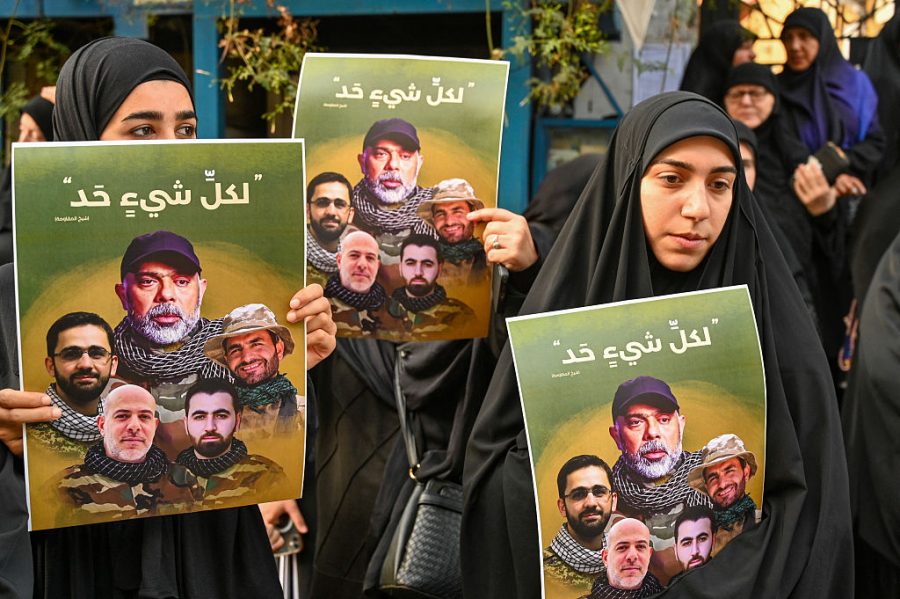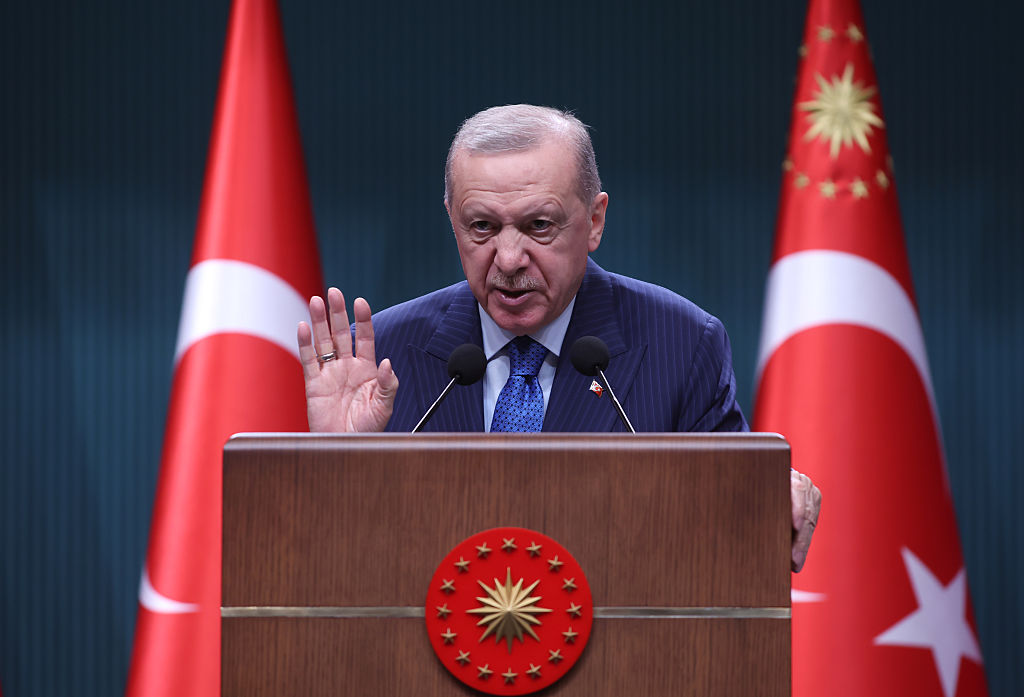As the IDF announced the imminent mobilization of some 80,000 reservists in preparation for the decisive battle to seize Gaza City, the prospect of a negotiated deal with Hamas – one that could secure the release of the 20 hostages believed to still be alive, along with the remains of 30 others presumed dead – appears to be slipping further out of reach.
Prime Minister Benjamin Netanyahu, according to political and diplomatic sources within the far-right coalition that has dominated Israel’s government for nearly three years, is “resolute in pursuing the war, even at the grave cost such a course is expected to exact.” For him, the campaign has become not merely a matter of policy but of survival.
Yet even within the military’s top brass, doubts run deep. The mobilization order was issued by Chief of Staff Lieutenant General Eyal Zamir, despite his opposition to the plan. In a tense cabinet meeting, Zamir warned that entering Gaza City – a densely populated urban labyrinth that is home to nearly 1 million Palestinians, half the Strip’s inhabitants – would be nothing less than a “death trap.” His estimate was that at least 100 soldiers were likely to be killed (adding to the 1,000 who have already been killed since October 7, 2023) and that some, if not all, of the hostages would perish as well, either in IDF bombardments or at the hands of Hamas in revenge.
Netanyahu, his government, and even the chief of staff are all wagering on one crucial assumption: that most Israelis – including former top IDF and security chiefs who oppose Netanyahu and his rule – will stop short of calling for outright refusal to serve. This stands in stark contrast to the United States during the Vietnam War, or even Israel itself during the First Lebanon War, which dragged on from 1982 until 2000.
And yet the hypocrisy is glaring. The ultra-Orthodox public – whose parties form an indispensable pillar of Netanyahu’s coalition – continues, under rabbinical edict, to refuse sending their sons into uniform, let alone into the line of fire.
Where refusal does exist, it is expressed in quieter, grayer forms. Tens of thousands of reservists have simply failed to report for duty, cloaking their absence in explanations that are, in reality, acts of passive resistance: that they have already served 200 to 300 days, that their families are suffering, their businesses collapsing, their lives falling apart. Add to this some 15,000 wounded and traumatized veterans, and the picture becomes even starker. The army is also grappling with a sharp rise in suicides among soldiers.
The IDF, fully aware of the phenomenon, prefers to turn a blind eye rather than confront it head-on, tacitly accepting these “explanations.” What makes this tolerance possible is money. The government has been compensating reservists generously, sometimes lavishly, to the point where service becomes not only bearable but, for some, financially profitable. The line between patriotic duty and mercenary work grows disturbingly thin.
Meanwhile, the families of the hostages – and the public that stands with them against Netanyahu – are sinking into despair. On Sunday, nearly a million and a half Israelis once again poured into the streets, paralysing wide swaths of the country, even as the trade unions, tightly controlled by Likud, refused to lend their support. But exhaustion is palpable; the Israeli public is weary.
Among the anguished voices, Einav Zangauker – whose son Matan is among the captives – delivered perhaps the most searing indictment yet. “If my son and the hostages die, their blood will be on your hands,” she declared to Netanyahu, “and I will haunt you for the rest of your life.” But if her words stung, Netanyahu showed no sign of it. Once again, he displayed an almost clinical indifference to the hostages’ fate, choosing instead to double down on the belief that this time, unlike so many times before, his military gamble will succeed and Hamas will be crushed and expelled from Gaza. His record of broken promises makes such confidence ring hollow, yet he remains undeterred.
The Gaza war is part of a larger design
Political analysts across the spectrum – including some who have long been sympathetic to him – increasingly agree: Netanyahu’s overriding motive is not national defense but political survival. For him, the war itself has become a kind of insurance policy, a means of diverting public attention from the crises metastasizing at home: economic strain, deepening social fractures, and Israel’s accelerating international isolation.
The war will likely grind on for as long as it serves Netanyahu’s political interests – and for as long as Donald Trump continues to give him a free hand. This, despite Trump’s repeated lips service and rhetorical nods to the humanitarian disaster unfolding in Gaza, and despite the fact that his own special envoy, Steve Witkoff, was the one who crafted the framework for a deal: the release of ten hostages and 18 bodies in exchange for hundreds of Palestinian prisoners and a two-month ceasefire.
But what is happening in Gaza cannot be understood in isolation. It must be seen in the broader context of Netanyahu’s far-right coalition, without whose support he has no government. Ministers in that camp now speak openly of their intention to expel Gaza’s 2 million Palestinians and to plant Jewish settlements in their place – a replay of the West Bank project Israel has pursued since 1967. There, settler violence and terror against Palestinians are on the rise, with the Israeli military largely turning a blind eye.
The Gaza war, then, is not merely a military campaign; it is part of a larger design. It is inseparable from Netanyahu’s wider effort to engineer a religious-nationalist regime change – a slow-motion coup aimed at dismantling Israel’s liberal-democratic order.
What began as a justified response to a brutal terrorist attack has become, above all, one man’s desperate crusade for power.

























